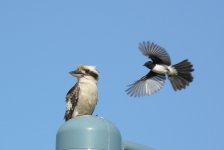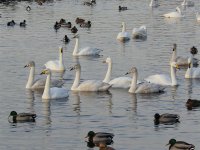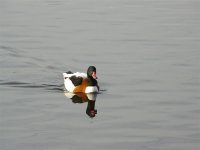ghostrider
Well-known member
Thanks Jim. The sharpness setting is something else i'm not sure about. My fz8 has settings for Sharpness, Saturation, Contrast and Noise Reduction. Three settings for each, Standard, Low and High. The only advice i have been been given is to set the Noise Reduction to Low. How much effect the others have on the picture i don't know.
I've never had a camera with these options before so it's something else to learn about.
I've never had a camera with these options before so it's something else to learn about.








